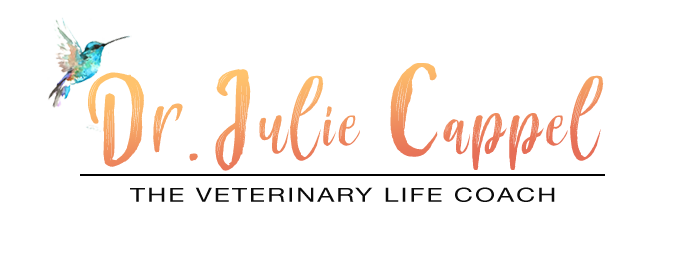I spent the better part of this week struggling with the time change and the cold weather here in Michigan. I love the fall weather, but when November comes and we lose our daylight savings time, things seem to get a bit depressing, and I lose all motivation. Something about the change of seasons and the idea of the upcoming winter (with the holidays) adds stress to my brain. Then all I want to do is curl up and do nothing. As I write this, it has started snowing outside, which is very beautiful, but it reminds me I have Christmas lights to put up, Thanksgiving to shop for, Christmas presents to buy, housework to do, and there are still leaves on the ground to be raked.
My brain is spinning, and I am overwhelmed. The overwhelming feelings lead to procrastination, but what I need is motivation!
Motivation is “the process that initiates, guides, and maintains goal-oriented behaviors.” Motivation can be external, as in a looming deadline, but it is more often something we need to work on internally.
So what can I do to get myself motivated when things seem overwhelming?
I first need to understand why I feel unmotivated. It stems from my thoughts about all the things that I have put on my plate. Fear and self-doubt creep in when I start to list them out in my head, and I don’t know where to start.
I can start by focusing on one small task at a time. If you have many things on your mind getting motivated requires action. Choose one goal, then break that goal down into small tasks. Pick the most urgent or vital step and vow do it. Small steps are much less overwhelming to your brain, so the tiny step will be easier to accomplish. Beware of your brain wanting to pull you off or that task to do something more fun. You must vow to get it done. Once you have the first step under your belt, the second one will feel a bit easier.
Try not to focus on your entire situation. Negativity breeds more negativity, and that is how depression starts. Thoughts of self-pity or fear will pull you off task, so when you hear those negative voices in your head telling you that you can’t do it all, reject that voice. You may need to read something motivational or listen to an uplifting speech, but kick yourself in the butt and think something positive. I like to play uplifting music when I am feeling self-pity. You may not erase the negative thoughts altogether, but replacing them with positive thoughts and feelings certainly helps.
When you get something done, reward yourself. You can tell someone that you did something good so that they will give you a little acknowledgment. You can plan any small reward; make sure it does not sabotage your progress. For example, don’t spend three hours on social media to reward yourself for a baby step. I like to “power pose” like Rocky or dance around a little when I get something difficult done. That way, my brain looks forward to what I am doing instead of back and what I missed. Giving yourself that little “high five” when you get something done is a tremendous mental reward. Then, start on step two; even if there is an internal struggle with your negative self, push through anyway. The more small steps you can get through, the more positive momentum you will create.
If you are anything like me, you have taken on too much. I always overestimate what I can do on any given day. If that is the case for you, cut yourself some slack. Don’t think you are a failure if your list is longer than you can achieve. Try to be realistic with yourself and your goals. Think of your glass as half full, not half empty. Continue to push to excel. You may surprise yourself with the number of things you can get done.
You can motivate yourself internally or externally, but either way, motivation is up to you. Setting goals, doing thought work, and taking action are ways to increase your motivation. You can do this! Pull yourself out of your funk and take control of yourself.
Now that my blog is complete, I can dance and get on to step two.
Dr. Julie Cappel
“Only I can change my life. No one can do it for me.” - Carol Burnett.
“Every job — whether you’re washing dishes or performing kidney surgery — provides us with the opportunity to affirm our identities as capable, respectable individuals, upon whom the most important people in our lives can rely.” - Nick Tasler.
Listen to the Podcast!!
The Veterinary Life Coach Podcast with Dr. Julie Cappel















